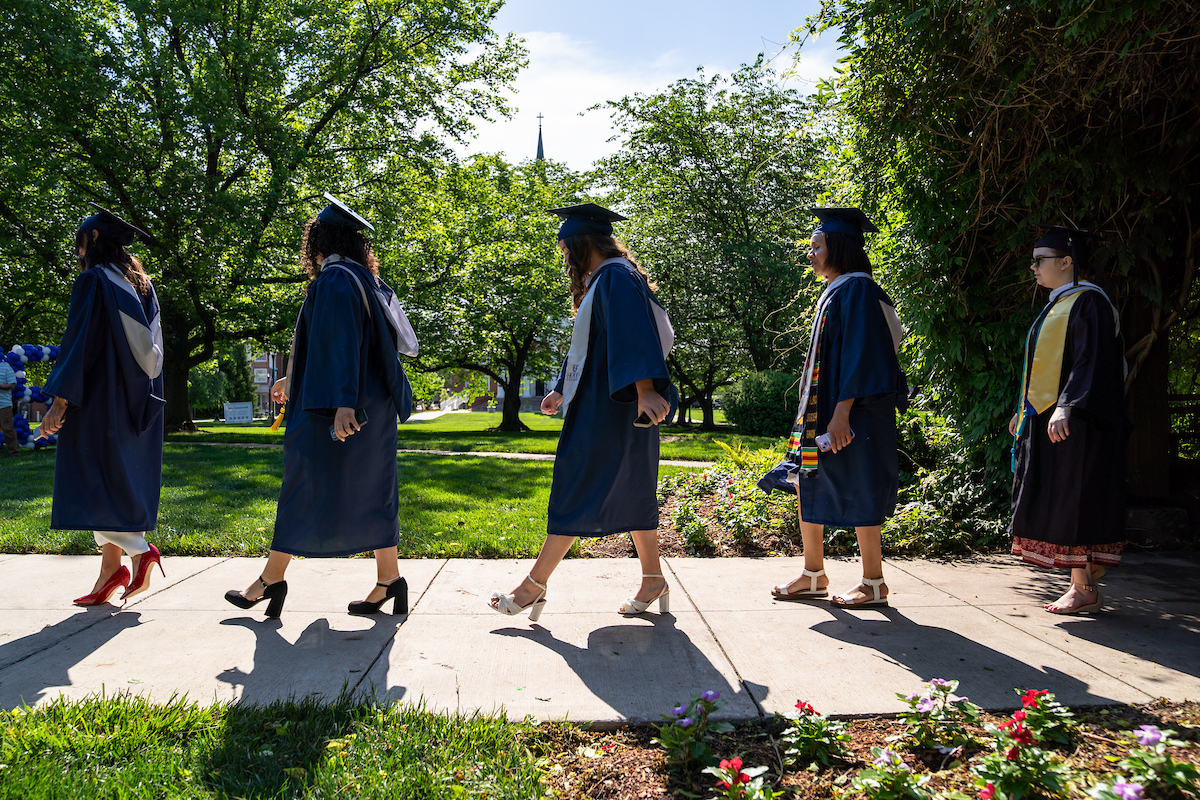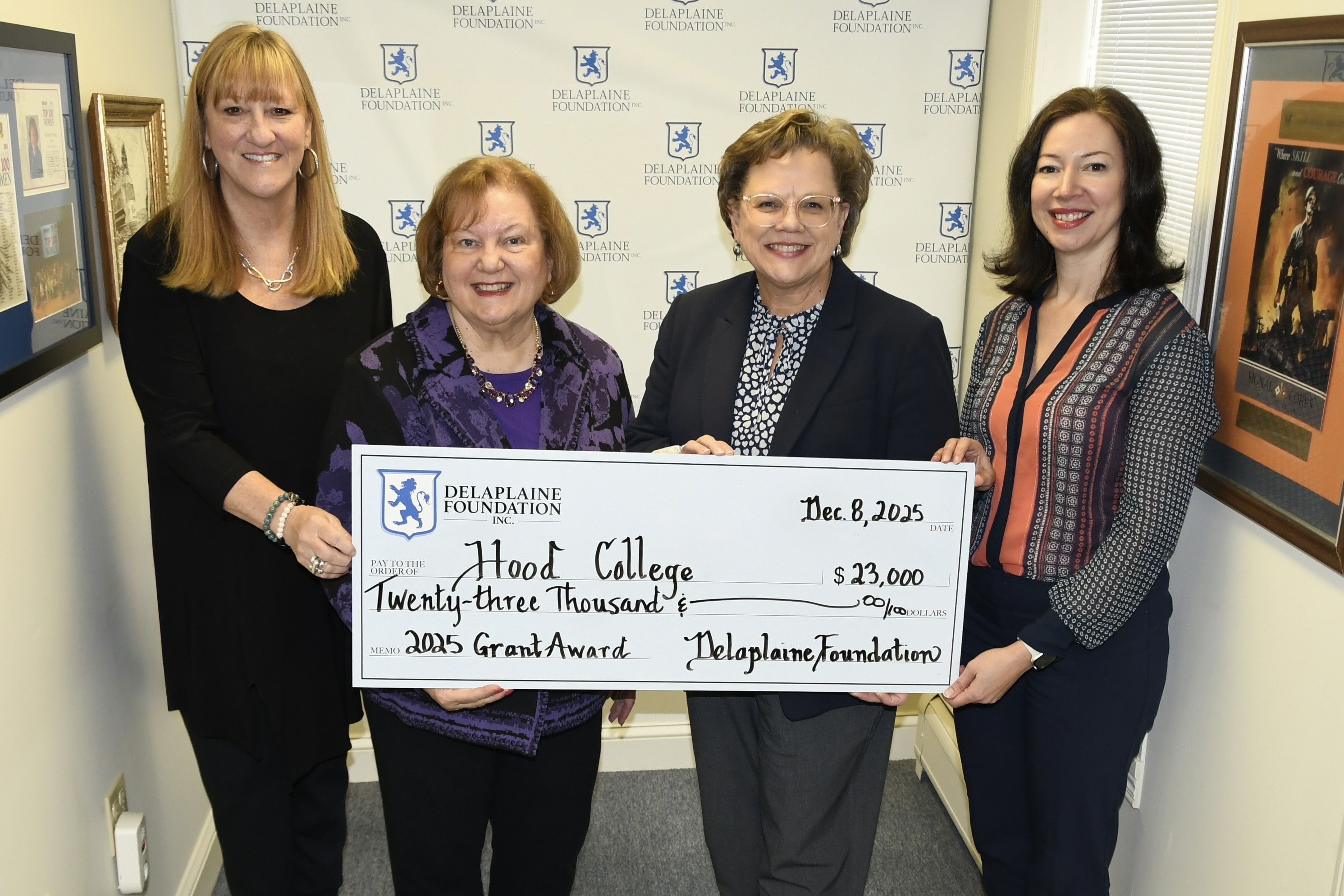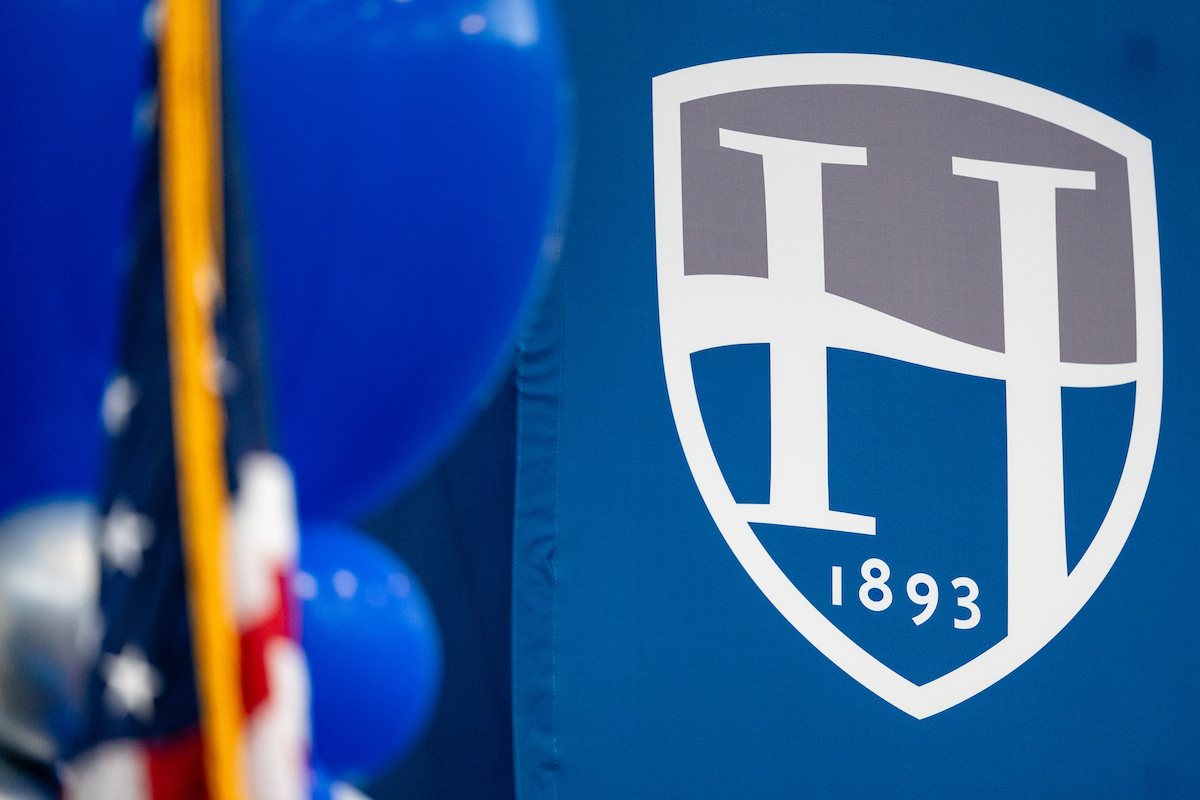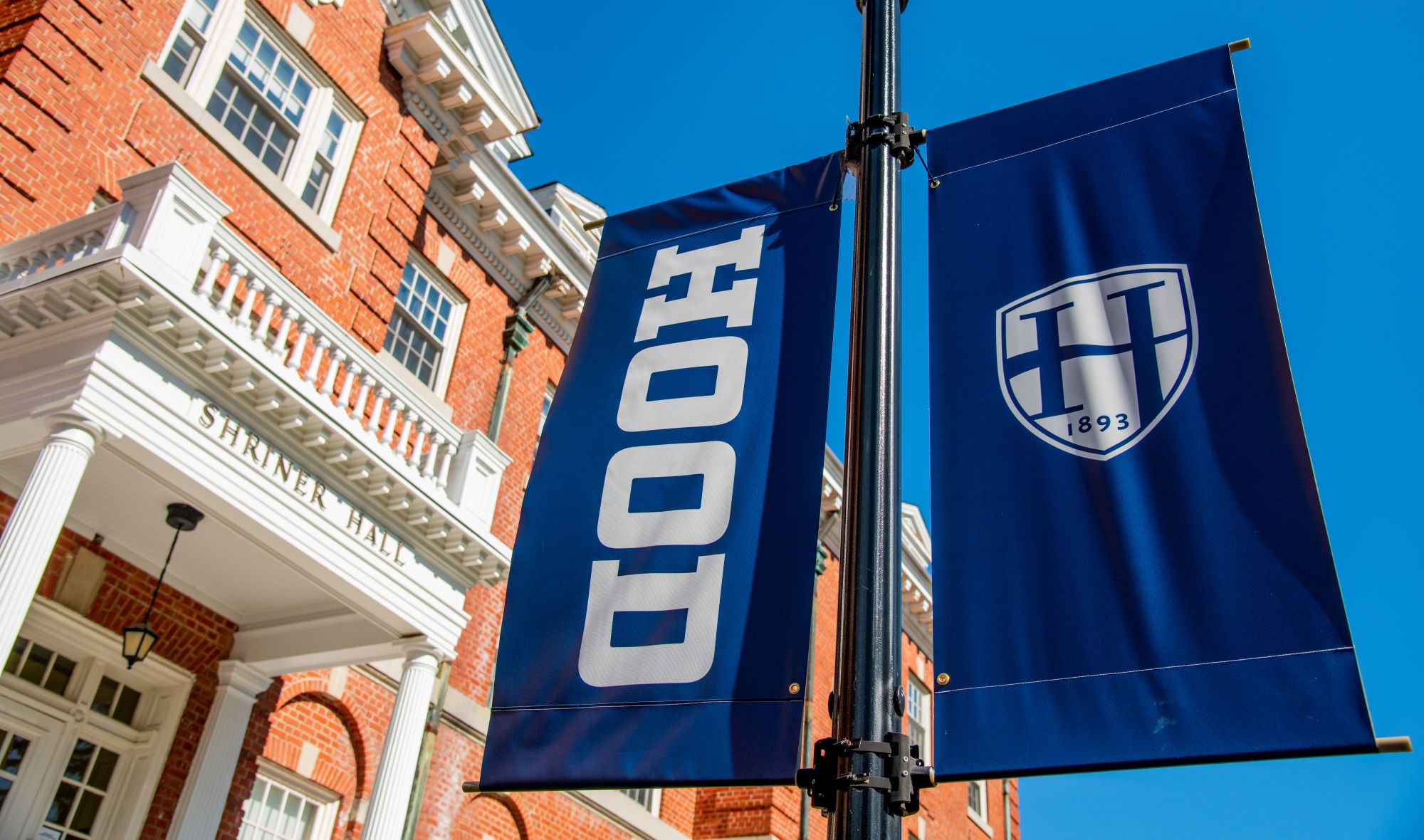Maryland Center of Excellence Awards Hood College Grant to Fight Gambling Addiction
Hood counseling and public health students to highlight co-occurrence of problem gambling and other mental health disorders
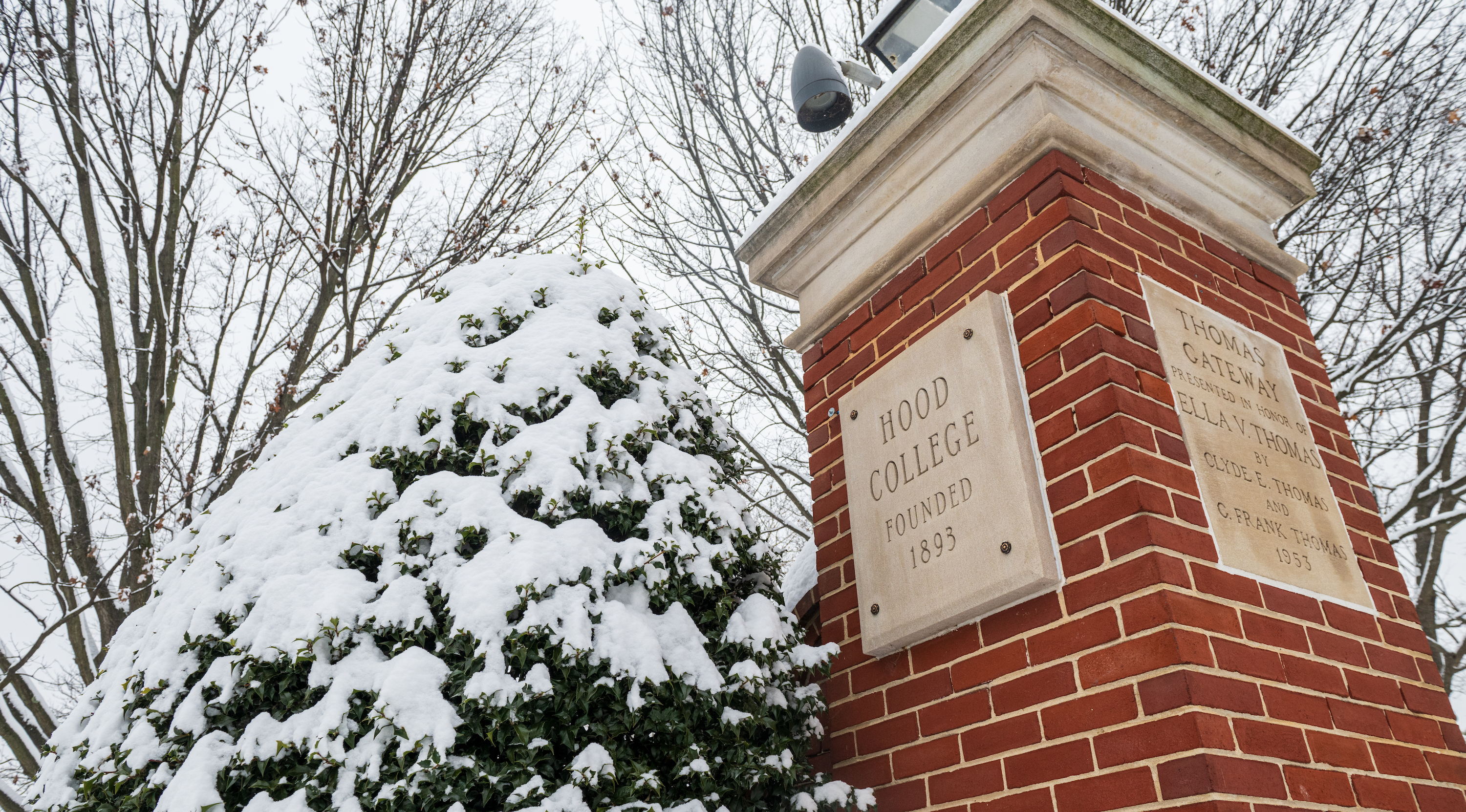
Hood College's front entrance during a snowfall in January 2024
The Hood College Office of Health & Wellness has received a $4,000 grant from the Maryland Center of Excellence on Problem Gambling (MCEPG) to prevent and treat behaviors related to ‘problem gambling.’
The prevention of problem gambling, which is defined as gambling behavior that compromises, disrupts or damages personal, familial or vocational pursuits, will be integrated into existing mental health screenings hosted by the Hood College Department of Psychology and Counseling as well as Hood College Counseling Services.
These multi-day screening events, which will take place on campus during the spring semester, couple problem gambling and mental health screenings together for maximum reach and to highlight the co-occurrence of problem gambling and mental health disorders. The events aim to provide early recognition, intervention and referral of mental health disorders among Hood students, faculty and staff.
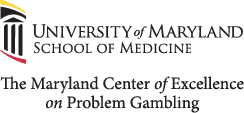
The College will also include information on the risks and resources for problem gambling at other existing mental health and substance use education events to highlight the frequent co-occurrence of problem gambling and disorders such as binge drinking, substance abuse and disordered stress management.
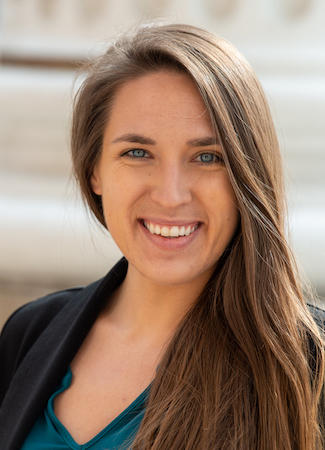
"We are thankful to receive this funding from the MCEPG,” said Amanda Dymek, director of wellness at Hood. “This will help us to educate students, faculty and staff on the risks associated problem gambling and inform our community on the free resources available to help.”
“We’re excited to take a campus-wide approach to prevent and address problem gambling on campus by engaging our campus partners in the Counseling & Psychology and Public Health departments and the Athletics office,” Dymek continued.
Hood’s wellness office and public health program have begun planning to implement a ‘peer health education program’ relating to problem gambling. In this project, health educators will engage with their peers to inform them of the risks of problem gambling, how they can prevent it and resources for help with problem gambling.
Peer education programs such as this are deemed more impactful due to participants relating to and trusting individuals from similar backgrounds and circumstances compared to professionals who may seem less relatable.
“The Maryland Center of Excellence on Problem Gambling is always excited to establish partnerships with community organizations,” said Mary Drexler, director of the MCEPG. “We look forward to the support and education Hood will be able to provide their students on the risks and consequences associated with gambling activity.”
Media Contact
Mason Cavalier
Media Manager
- Graduate
- Undergraduate
- Grants and Scholarships

